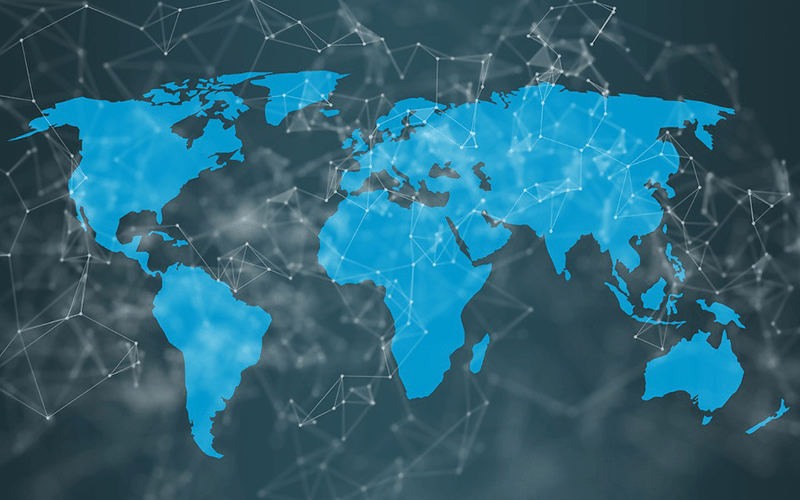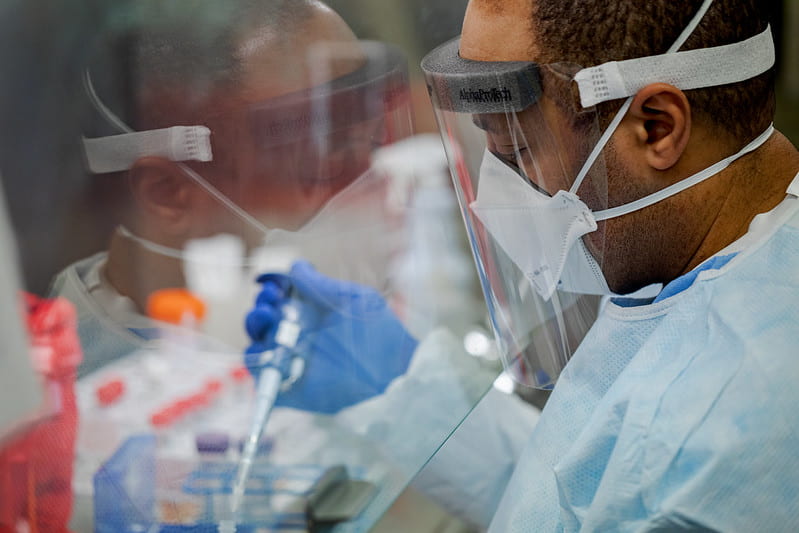Science-as-unusual in a post-COVID-19 pandemic world?
By juliusmugwagwa, on 14 May 2020
By Julius Mugwagwa, Carla-Leanne Washbourne, Remy Twiringiyimana and Anne Marie Kagwesage from the STECS Project Team, UCL & University of Rwanda
The novel coronavirus (COVID-19) global pandemic has exposed frailties in our health, social and economic systems. The sudden outbreak of COVID-19 at the end of 2019 and its rapid global spread to infect more than 4 million, causing nearly 300, 000 deaths to date, has been a perfect storm of human and physical factors. The outbreak has simultaneously tested various aspects of our deeply interconnected societies, resulting in delayed, sluggish, inadequate and at times impotent responses to the pandemic.
If there is a silver lining that has visibly emerged from the pandemic, it is the important, yet often hidden role that different disciplines of science and engineering play in generating and providing tools for dealing with societal challenges. From provision of personal protective equipment (PPE), rapid development and supply of ventilators and drug therapies, to insights feeding into social distancing guidance and rapid response measures to keep communities fed – science and engineering inputs have been suddenly placed centre stage, for all to see and appreciate. From fields as diverse as epidemiology, behavioural science, chemistry, data science, molecular biology, pharmaceutical sciences, communication and civil, chemical and biomedical engineering, among thousands of others, the pandemic has provided a chance to see the great contributions that the millions of people working in these fields make to our lives.
 Close
Close




